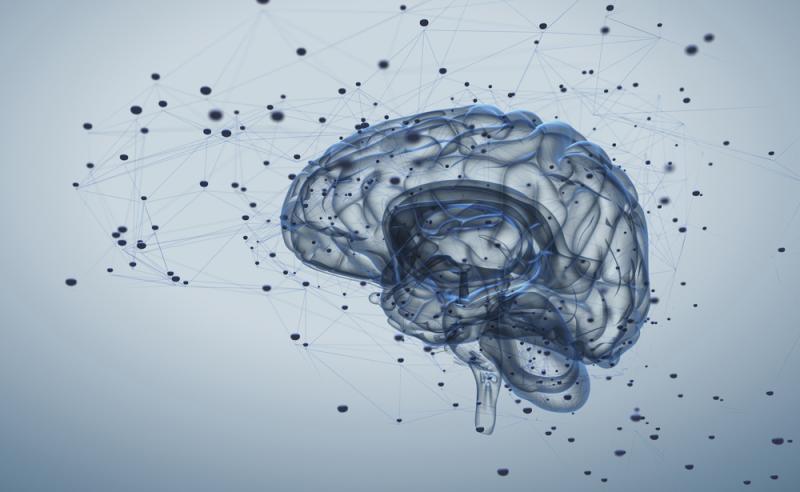Posts Tagged ‘brain-cells’
News on how the brain changes over time, how to clear foggy brains, how to multitask (or not), and more
Welcome to a new edition of SharpBrains’ e‑newsletter, featuring timely brain & mental health news and a fun brain teaser to test the limits of multi-tasking. #1. Collaborative neuroimaging initiative BrainChart helps chart how brains change across the lifespan. Among the many fascinating findings: “The volume of grey matter (brain cells) increases rapidly from mid-gestation…
Read MorePromote brain plasticity and keep your mind at ease by taking your daily “exercise pill”
As with many other physicians, recommending physical activity to patients was just a doctor chore for me – until a few years ago. That was because I myself was not very active. Over the years, as I picked up boxing and became more active, I got firsthand experience of positive impacts on my mind. I…
Read MoreNew “bionic hybrid neuro chip” to improve understanding of brain function by enabling high-fidelity, long-term recordings of brain cell activity
Neuro Chip Records Brain Cell Activity (R&D): “Brain functions are controlled by millions of brain cells. However, in order to understand how the brain controls functions, such as simple reflexes or learning and memory, we must be able to record
Read MoreTranscript: Dr. Gary Small on Enhancing Memory and the Brain
Below you can find the full transcript of our engaging Q&A session today on memory, memory techniques and brain-healthy lifestyles with Dr. Gary Small, Director of UCLA’s Memory Clinic and Center on Aging, and author of The Memory Bible. You can learn more about his book Here, and learn more about upcoming Brain Fitness Q&A Sessions Here. Perhaps…
Read MoreBrain Training for Babies: Hope, Hype, Both?
Training the brain is possible because of neuroplasticity. Our daily experiences can trigger neuroplastic changes in the brain, such as the growth of new brain cells (neurons) and new connections (synapses) between neurons. Plasticity is observed at all ages but is at its peak during brain development, as a baby and then a child learns…
Read MorePhysical and mental exercise to prevent cognitive decline
We offered some Brain Fitness Predictions in our Market Report , including… “7. Doctors and pharmacists will help patients navigate through the overwhelming range of available products and interpret the results of cognitive assessments. This will require significant professional development efforts, given that most doctors today were trained under a very different understanding of the…
Read More




